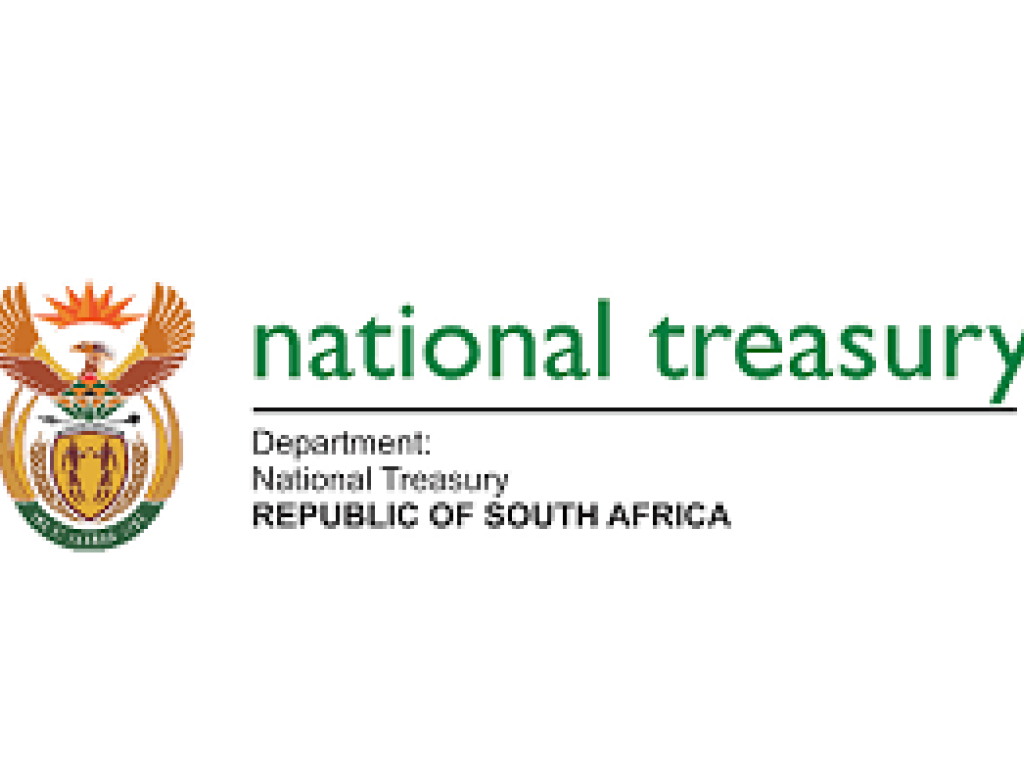REEP presents at National Treasury public hearing

Recently the National Treasury asked for public comments on tobacco taxation and the structure and level of the new excise tax on e-cigarettes. REEP made written submissions and an oral submission at the online public meeting held on 8 September 2022.
In the submission on tobacco excise taxes, we pointed out that the National Treasury had increased the excise tax by an average of 2 percentage points above the inflation rate in the past ten years. This is substantially less than the excise tax increases of the previous two decades.
Since 2009, the illicit trade in tobacco products has grown from insignificant levels to highly problematic levels. It seems that National Treasury is of the opinion that the illicit trade in tobacco products is not primarily a tax problem, but rather a crime and enforcement issue. We indicated our delight with the actions taken by SARS against Gold Leaf Tobacco Corporation, who had been involved in the illicit tobacco business for years.
Regarding the taxation of e-cigarettes, the National Treasury published a very well-argued discussion document in December 2021, to which REEP responded in January 2022. The e-cigarette market is growing, and e-cigarette technology is changing very rapidly. The excise tax on e-cigarettes should handle such changes. Specifically, we highlighted that the following principles should underlie e-cigarette taxation:
- Simplicity in tax design and tax administration
- Preventing youth uptake of e-cigarettes
- Robustness to technological changes
- Not easily avoidable through loopholes
Of course, some of these principles may counteract others, and they are not absolute. We advised National Treasury to set the excise tax as a specific tax per ml of e-liquid, irrespective of nicotine content, because it would be administratively arduous to test each product for nicotine content. We did not recommend an excise tax on devices, because that would be administratively burdensome and would be subject to evasion tactics by the industry.
We recommended that National Treasury adopt a minimum tax amount (say R50) per container, to discourage youths from buying disposable e-cigarettes that contain a limited volume of e-liquid. For example, many youths are buying AirPops, disposable e-cigarettes that contain 3 ml of nicotine, which sell for about R100 a unit. Even if the excise tax is levied at R5.00 per ml (as we suggested), the impact of the tax on the retail price would be limited. If a minimum tax of R50.00 per container is imposed, the effect on the price of products like these would be more substantial.
